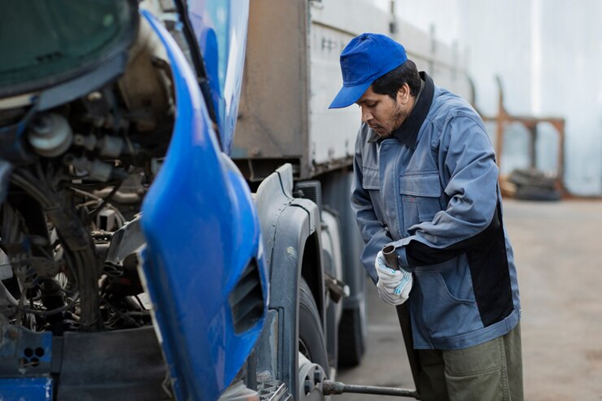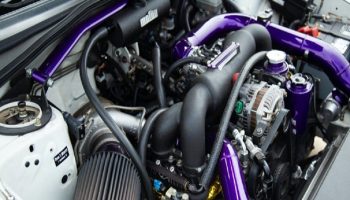The desire for an efficient solution for tasks like maintenance is natural. Heavy-haul trailers endure numerous challenges, including rocks, ruts, bumps, and jolts, ensuring they leave their service lives unscathed.
However, A well-trained trailer maintenance routine offers numerous benefits, including increased safety, productivity, and longer service life.
Here are some tips to avoid expensive damage and maintain the best possible condition of trailers.
Determine Your Capacity Needs
To reduce wear on parts like the tires and brakes, use the appropriate trailer loading capacity. This involves precisely understanding weight, speed, safety ratings, and load concentrations.
Hence, the manufacturers are excellent sources for obtaining a precise understanding of the actual capacity of each trailer.
Examine the Hydraulic Cylinders
Hydraulic cylinders should be fully retracted when not in use to reduce time. Stainless steel rams are exposed to the weather, extending their lifespan.
Check Tire Inflation
One of the main causes of premature tire wear is traveling with underinflated tires. Therefore, maintaining adequate tire inflation will extend tire life and improve fuel efficiency.
Additionally, confirm that your vehicle tires suit the land you’ll be traversing, particularly if you’re hauling heavy loads like crushed rock. Maintain appropriate tire inflation by checking the tire pressure regularly. If necessary, use an automated tire inflation system.
Furthermore, replacing tires as soon as they become worn to prevent blowouts and lost time is important.
Always choose the appropriate size and rating to guarantee optimum performance and maintain equal tire pressure for the longest lifespan.
Take Notes
Accurate notes are essential for tracking downtime and identifying areas in need of preventive maintenance. This maximizes your company’s effectiveness and prevents minor problems from growing into major hassles in the future.
You should assign protocols to the right individuals to perform maintenance tasks and ensure regular inspection and maintenance of all trailer parts.
Don’t Underestimate the Value of Communication
Drivers and maintenance professionals must communicate clearly about trailer problems. This measure will guarantee the appropriate and timely execution of maintenance tasks.
A complete maintenance schedule is essential to maintaining the safety of your workers, loads, and equipment.
Creating a maintenance routine will greatly increase productivity and yield the best long-term return.
Check batteries
A dead battery is the last thing you want during your camping trip. Certain batteries require no care, while others have water levels. You should make every effort to maintain a battery that is always fully charged.
Usually, batteries last three to five years. Deep-cycle batteries (used in towable RVs) begin to lose capacity after three years.
Change oil
Unlike a car that needs routine maintenance every 3,000–5,000 miles, an RV tends to sit a lot. To ensure that everything is well-lubricated and operating at peak efficiency, it’s crucial to perform seasonal oil changes.
Change your RV’s oil every 3,000–4,000 miles or once a year (spring is a wonderful time to do this). If you don’t replace the oil, the engine in your RV may experience severe wear and tear.
Clean it after every trip.
The simplest maintenance you can do to keep your trailer in good shape is to clean the outside. Cleaning of the chassis and body is necessary after every trip.
Moreover, you can use a bucket, hose, big sponge, or soft brush with a basic water and light detergent solution.
The use of stiff-bristle brushes and high-pressure hoses is not a good idea.






